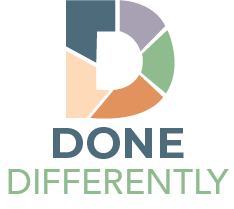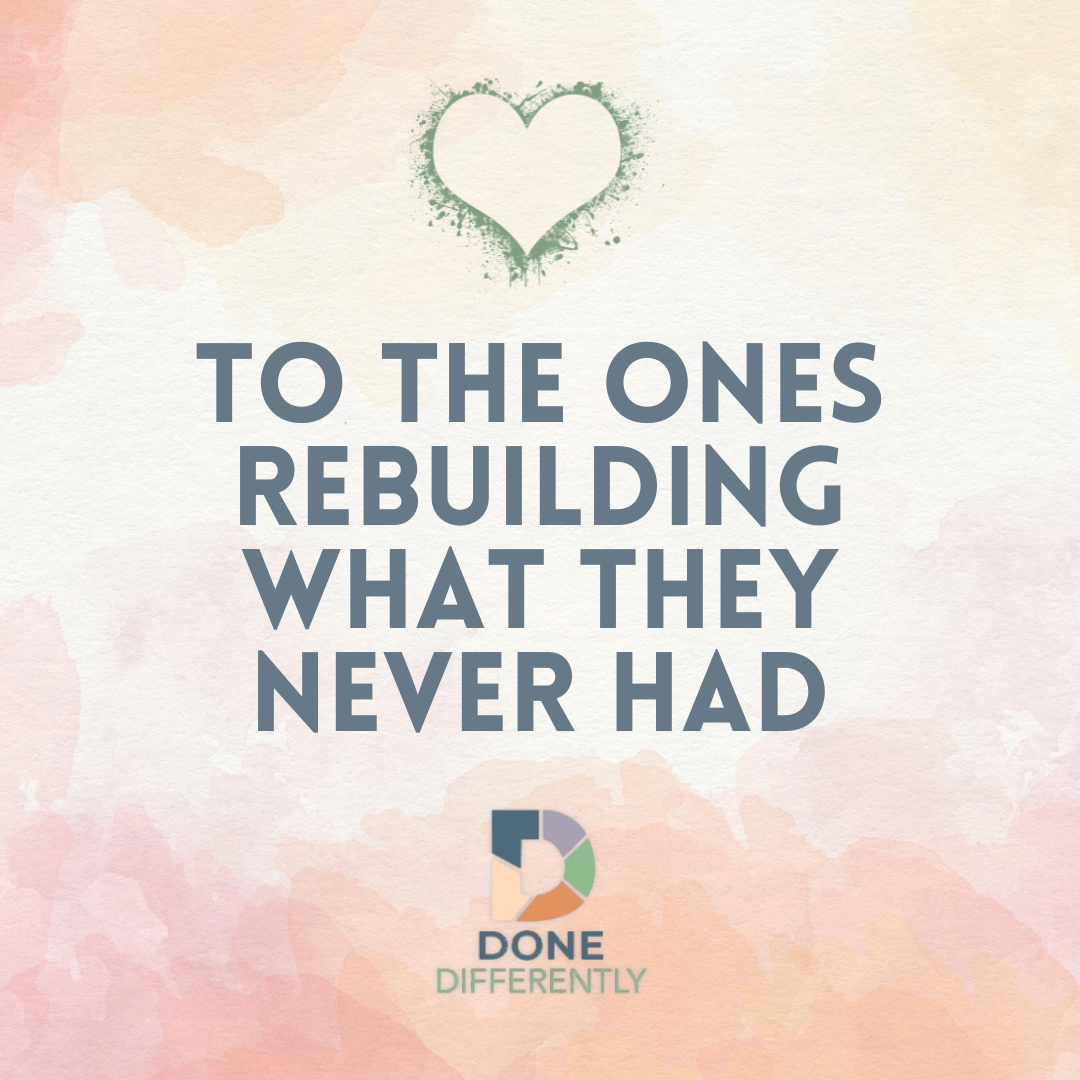Father’s Day can feel like a celebration—or a trigger.
For many, it’s not a day filled with barbecues and gratitude. It’s a day marked by silence. Distance. Or a confusing mix of love and longing, pain and pride.
As a coach, this is one of the most sacred spaces you can hold. Because beneath the surface of career goals, relationship issues, or self-worth struggles is often something deeper:
A fractured relationship with the father figure.
This might be a father who:
- Was emotionally absent
- Abused or neglected
- Was present physically but unreachable emotionally
- Left, betrayed, or disappointed repeatedly
And sometimes, the wound isn’t about who the father was, but who the child had to become in response.
Why This Work Matters in Coaching:
- Father wounds shape everything from boundaries to belief systems.
- They influence how clients respond to authority, trust partners (or themselves), and define worth, success, and safety.
How to Coach Without Re-Traumatizing:
- Start slow: Don’t assume this topic is safe just because it’s timely.
- Let them define the relationship: Ask how they experienced their father—not just who he was factually.
- Separate story from identity: Help them unpack what they inherited emotionally vs. what they want to carry forward.
This Is Not About Making Peace With the Person:
- Forgiveness work in coaching isn’t about condoning harm.
- It’s about cutting the cord of emotional control, reclaiming internal safety, and making space for new models of support and trust.
How to Talk About This in Your Marketing:
- Not everyone wants to ‘honor dad.’
- Many clients are grieving what they never had.
- There’s deep power in naming that absence without shame.
- Try messaging such as:
– ‘If today feels heavy instead of heartwarming, you’re not alone.’
– ‘You didn’t deserve what happened—or what didn’t.’
– ‘Your healing doesn’t have to include reconciliation to be real.’
Invite Safe Reflection:
- This week, offer journal prompts like:
– What messages did I inherit from my father figure?
– What do I believe about love, safety, and success because of that?
– What can I choose to believe now? - Consider creating a private workshop that centers support for clients navigating this terrain.
Final Thought:
- Not every client is ready to talk about ‘dad.’
- But those who are will never forget the coach who helped them feel seen, heard, and separate from a wound that once defined them.
- You don’t need a template for this work. You just need presence, permission, and a place for the story to be rewritten.

